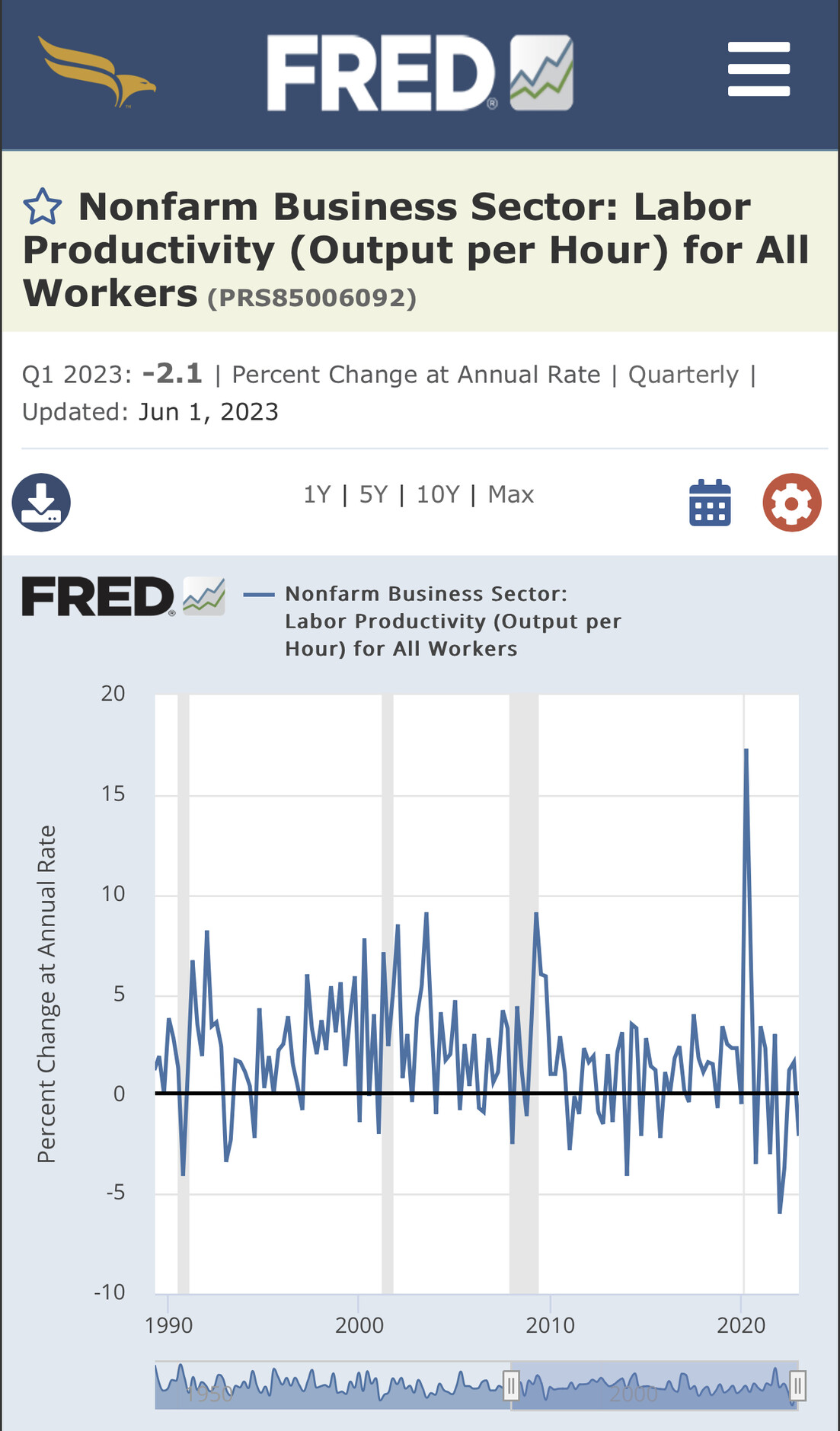Hi! I am going to try to move to @interfluidity@econtwitter.net
My un-CW-ed political posts have annoyed some fosstodonians. I love fosstodon.org! but CW-ing a large proportion of my posts would I think annoy many of the people I converse with, and feel isolating. So with regret, I'll try moving to a server with less apolitical norms. Hopefully, my follows and followers will migrate with me. It's my first time. We'll see!

